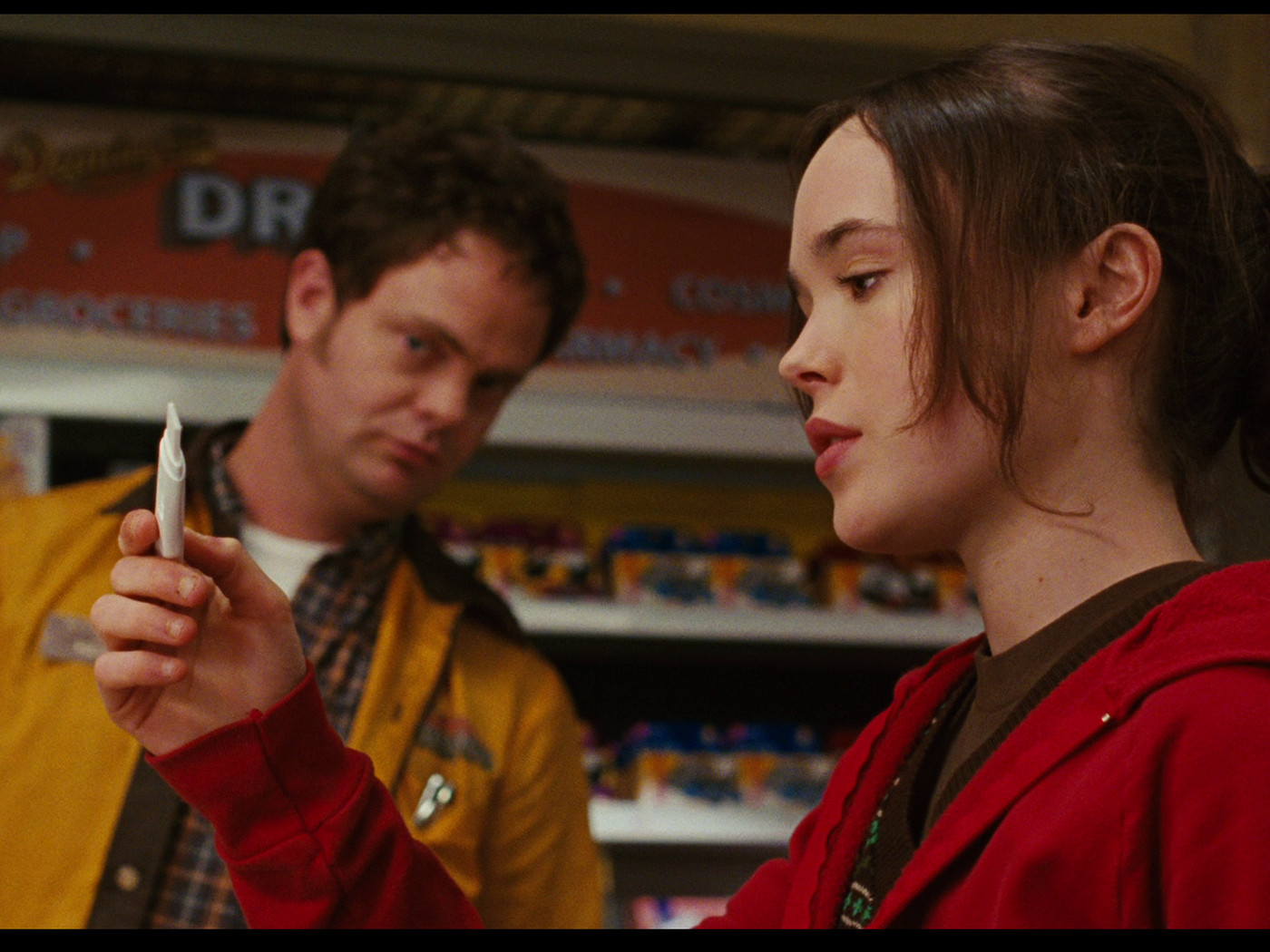
We Americans used to be mocked for our puritanical—morally strict—ways, but a cultural shift has changed all that. Ours is now a sexually charged society, thanks in large measure to the entertainment industry. Wrote Anne Oldenburg and Arienne Thompson in the USA Today article, “Selling Sex: Has Showbiz Pressure Gone Too Far?”: “Rhianna is channeling her inner stripper in videos and on Instagram. Britney Spears is whipping women on leashes. Nicki Minaj is braless and spilling out of her revealing jacket on Ellen. Scarlett Johansson’s in her undies on the cover of Esquire. Gaga’s got a thong on. And Miley Cyrus? Well, she has taught us that each and every day could bring a new tongue or twerk Twitpik from her.”
About all that says beauty and fragrance marketing executive Kimberly Hairston, “We are accepting it, and we’re actually almost celebrating it. Miley is not on Saturday Night Live by accident … I think the audience has dumbed down what we accept as talent.”
Performers insist that they have to put it all out there in order to stay relevant and in the limelight. The result: we’re treated to a constant barrage of grinding, writhing, and exposing—and our youngsters are taking it all in, sometimes imitating it, too.
Says behavioral scientist Rebecca Collins, “These hypersexed stars are rebroadcasting, and very effectively, a broader societal message that women’s value is in their sexuality and in a particular kind of sexuality that’s very objectified and commodified.”
One result reports the CDC: “Although births to younger teens aged 15 to 17 years have declined, they still represent over a quarter of teen births—nearly 1,700 births a week.” Moreover, nearly 25% of that age group has never spoken to their parents or guardians about sex. It’s so bad that May has actually been named National Teen Pregnancy Prevention Month.
Plus, pregnancy is not the only risk our young people face when engaging in unprotected sex. Unfortunately, The Office of Adolescent Health has found that those between 15 and 24 account for nearly 50% of the 20 million new STD (sexually transmitted diseases) cases diagnosed annually. In fact, 40% of sexually active teen girls have had an STD, all at great risk to their health.
As for our 13- to 19-year-old boys, they account for 66% of HIV cases.
Best bet, of course, is abstinence; short of that, correctly used condoms. Above all, though, we parents need to talk about the birds and bees with our kids and then keep the dialogue going. The pressure is on them to perform, so to speak, and we need to be part of the conversation.
Indeed, says Fred Kaeser, author of What Your Child Needs to Know about Sex: “Don’t allow the comfort issue to get in the way of talking with your child. Parents say they have difficulty, but the reality is that, with a little practice, it’s not that hard.”
A good place to start is with Michael J. Domitrz’s May I Kiss You: A Candid Look at Dating, Communication, Respect, & Sexual Assault Awareness. Such reading should be all but mandatory in these sexually supercharged days. It offers sensible advice and strategies, while, at the same time, reminding readers about the potential for sexual assault—something that is becoming painfully all-too-common.
Keep in mind that such violence includes but is not limited to such behaviors as hitting, grabbing, pinching, and striking. Oh, no; it’s much more than that and includes:
- Unwanted touching, fondling, or groping
- Forced sexual activities
- Pressure to have sex
- Verbal or sexual harassment
- Insults or rumor spreading
- Jealousy or possessiveness
In fact, according to the government, “Every year, about 1 in 10 American teenagers experiences physical violence at the hands of a boyfriend or girlfriend, and many others are sexually and emotionally abused. Dating violence can inflict long‑lasting pain, putting survivors at increased risk of substance abuse, depression, poor academic performance, suicidal ideation, and future violence.”
Indeed, for that very reason, Domitrz explains why it’s essential that our kids know to …
- Ask with respect and not rely on body language to dictate our moves.
- Decide on their boundaries before beginning to date or start up a relationship.
- Believe in and stand by their values.
Meanwhile, along with writing May I Kiss You?, he’s started the Date Safe Project organization, thus opening the door for parents and kids to come together and talk about what for many are disquieting topics. Then he goes one step further by suggesting starting a Date Safe Club with the motto, “Request consent. Demand respect.” To learn more, just click here.
Finally, Domitrz encourages his readers to circulate a Pledge for Action in order “to change lives and encourage people to make a caring commitment to friends, family, and peers.”
It doesn’t get any better than that, so my advice? Follow his lead, knowing that you and your child are in very good hands.



